PREVIEW
Guests heard on Volume 127
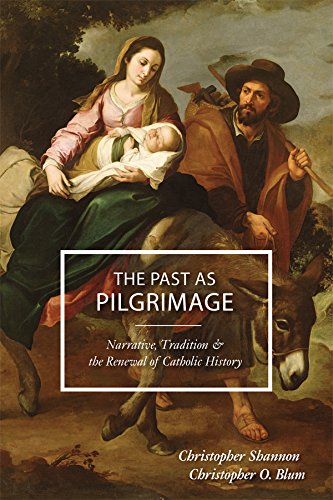
Christopher Shannon, author of The Past as Pilgrimage: Narrative, Tradition, and the Renewal of Catholic History, on the historian’s communal role as story-teller (Archive Feature available)
read more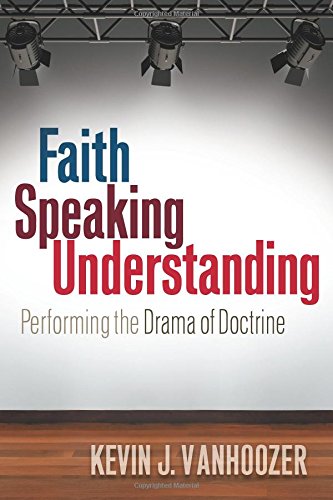
Kevin Vanhoozer, author of Faith Speaking Understanding: Performing the Drama of Doctrine, on the dramatic purposes of doctrine
read more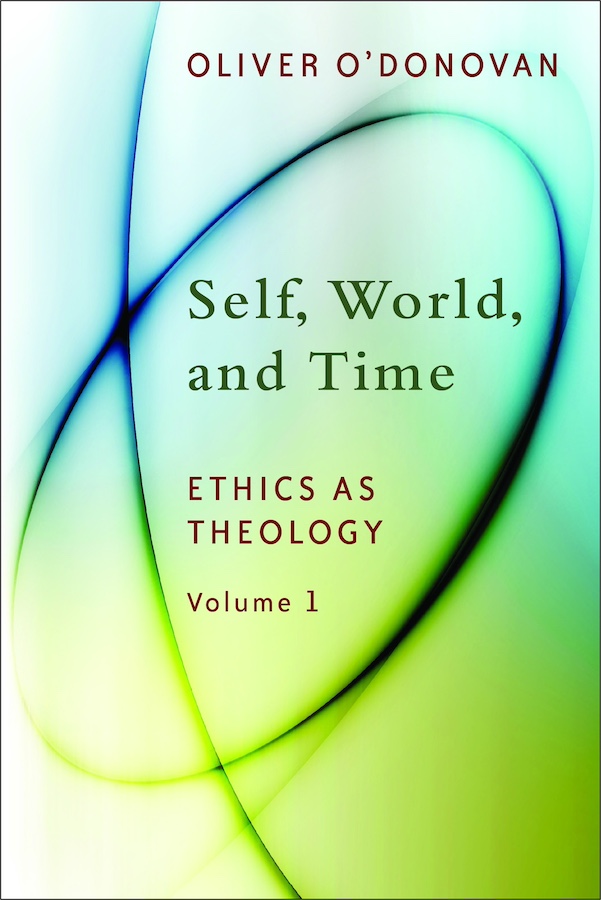
Oliver O’Donovan, author of Self, World, and Time, on negotiating our way in the created realities
read more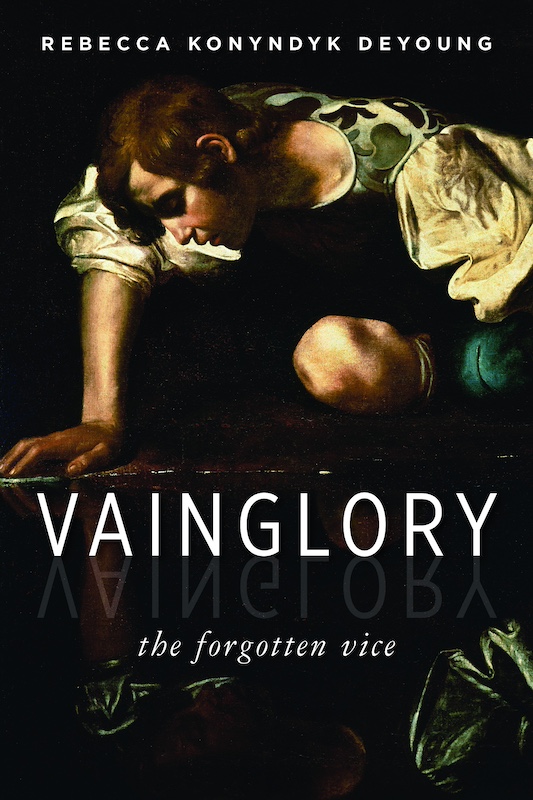
Rebecca DeYoung, author of Vainglory: The Forgotten Vice, on the forgotten vice of vainglory
read more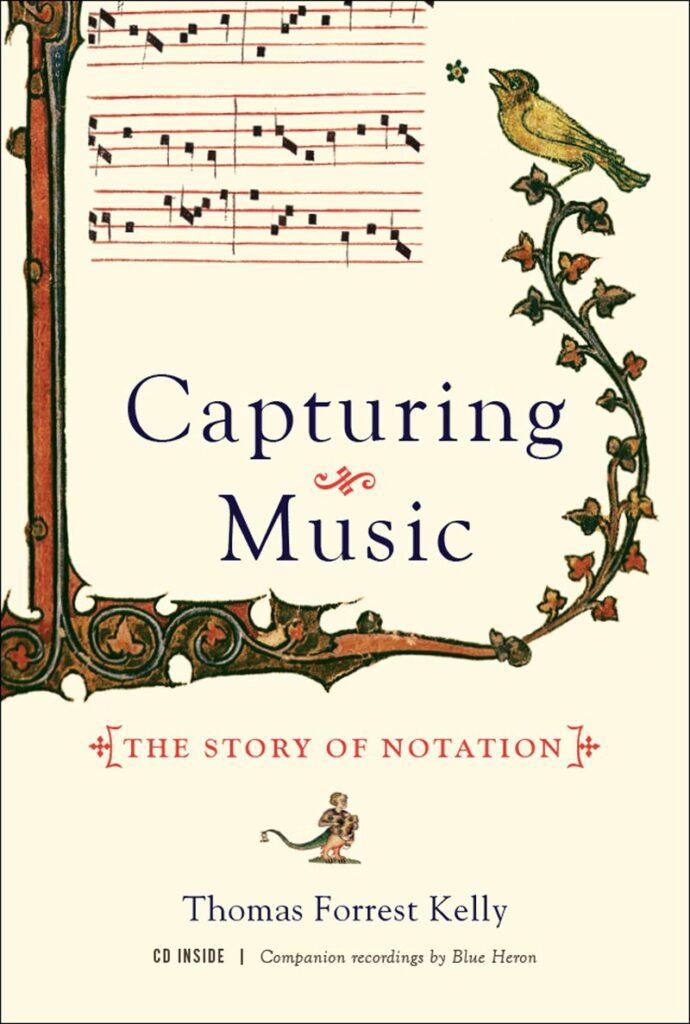
Thomas Forrest Kelly, author of Capturing Music: The Story of Notation, on the invention of Western musical notation
read more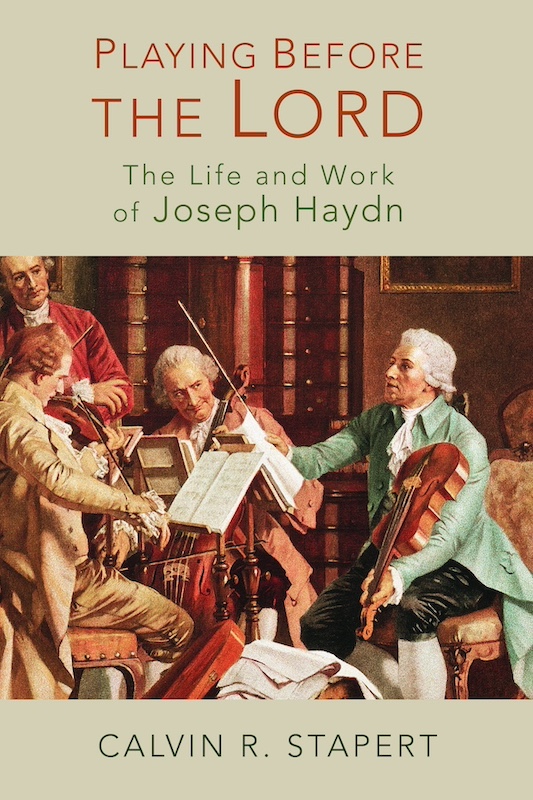
Calvin Stapert, author of Playing Before the Lord: The Life and Work of Joseph Haydn, on the life and work of Joseph Haydn
read moreRelated reading and listening
- Cultivating the Virtue of Reverence — Paul Woodruff (1943–2023) discusses the importance of reverence as a virtue that enriches relationships, elevates civic life, and helps leaders to wield power wisely. (53 minutes)
- An ancient liturgical form — Calvin Stapert on the long history of recounting Christ’s sufferings musically
- The idiom for the revelation of mystery — Dana Gioia on the foundational place of poetry in Christian faith
- Etiquette and ethics — In this essay, Judith Martin (a.k.a. Miss Manners) argues that etiquette is “civilization’s first necessity” and an indispensable societal virtue. (21 minutes)
- Against hacking babies — Oliver O’Donovan raises questions about IVF and the technologically ordered motive for efficiency
- Impact of “infotainment” on community — Neil Gabler and C. John Sommerville discuss how the mentalities conveyed by our experience with communications media work against the nurturing of community. (36 minutes)
- Eugenics and the rise of “evolutionary ethics” —
FROM VOL. 70 Richard Weikart describes evolutionary ethics and examines the ties between national racism and the eugenics movements of the late nineteenth and early twentieth centuries. (16 minutes) - “Detachment as a whole way of life” —
FROM VOL. 85 Professor Christopher Shannon discusses how early twentieth-century social scientists encouraged the American idea that individual identity works against communal membership. (17 minutes) - The fatal polytheism of late liberalism — Oliver O’Donovan on the failure that leads to social collapse, marked by conflict, suspicion, and violence
- Music and the meaning of Creation — In this 2018 lecture, Ken Myers advocates for a recovery of the pre-Enlightenment idea of the intelligibility of music. (61 minutes)
- Theological realism — Kevin J. Vanhoozer discusses theologian T. F. Torrance’s understanding of the positive relation between science and theology. (52 minutes)
- Only a dying civilization neglects its dead — Historian Dermot Quinn discusses the work of fellow historian Christopher Dawson (1889–1970). (15 minutes)
- Christopher Dawson: Chronicler of Christendom’s Rise and Fall — Dermot Quinn discusses historian Christopher Dawson’s meta-historical perspective and his wisdom about what makes cultures healthy or unhealthy. (54 minutes)
- Insisting that political leaders are incapable of obeying Christ — Oliver O’Donovan on the unintended consequences of the First Amendment to the U.S. Constitution.
- How the truth finds itself when confronted with error — Hans Urs von Balthasar on the intense radiance emanating from the writings of St. Irenaeus as he confronted heresies
- What makes a great historian? — John Lukacs on how historian Christopher Dawson displayed a proper nostalgia
- The historian’s communal role as storyteller —
FROM VOL. 127 Historian Christopher Shannon discusses how American academic historical writing presents a grand narrative of progressivism, which it defends by subscribing to an orthodoxy of objective Reason. (21 minutes) - The gift of objective reality — Moral philosopher Oliver O’Donovan makes an argument for the consistency of the idea of law when it is conceived in a theological context. (40 minutes)
- How music reflects and continues the created order — Musician, composer, and teacher Greg Wilbur explores how music reflects the created order of the cosmos. (55 minutes)
- Freedom as conformity to reality — W. Bradford Littlejohn summarizes the definitions of liberty offered by Richard Bauckham and Oliver O’Donovan
- Discerning an alternative modernity — In a lecture from 2019, Simon Oliver presents a summary of the cultural consequences of the comprehensiveness of the work of Christ. (28 minutes)
- Bach retrospective — In light of Passiontide and Holy Week, Ken Myers revisits three interviews — with Calvin Stapert, Robin Leaver, and Christoph Wolff — that provide an illustrative background for listeners to appreciate J. S. Bach’s theological attentiveness and scholarly genius. (36 minutes)
- The dance of law and freedom — Calvin Stapert on the experience of joyous order in Bach’s music
- The sovereignty of love — In this 2022 lecture, Oliver O’Donovan explains the historical background — and present consequences — of the assertion by Jesus of two great commands. (67 minutes)
- O’Donovan, Oliver — FROM THE GUEST PAGE: Oliver O’Donovan held teaching posts at Wycliffe Hall, Oxford and Wycliffe College Toronto before becoming Regius Professor of Moral & Pastoral Theology and Canon of Christ Church at the University of Oxford in 1982.
- DeYoung, Rebecca Konyndyk — FROM THE GUEST PAGE: Rebecca Konyndyk DeYoung is Professor of Philosophy, Calvin University. She has enjoyed teaching ethics and the history of ancient and medieval philosophy at Calvin for over 25 years.
- Vanhoozer, Kevin J. — FROM THE GUEST PAGE: Kevin J. Vanhoozer (BA Westmont College; M.Div. Westminster Theological Seminary; Ph.D., Cambridge University) has taught at Trinity Evangelical Divinity School off and on since 1986.
- Why kings are compelling — Historian Francis Oakley describes how the modern idea of “secular” politics is a striking departure in human history. (32 minutes)
- Freeing dogma from arcane captivity — Dorothy L. Sayers argues that chattering about “Christian values” while ignoring theology is pointless
- Conscience seared with a red-hot iron — Oliver O’Donovan on the convicting role of a good conscience
- Culture in light of Easter — Oliver O’Donovan rejects a gnostic reading of redemption
- On medicine and the meaning of suffering — Guests Susan Bergman and Christopher Shannon discuss the meaning of suffering and how we might suffer well with Christ. (19 minutes)
- Religion within the bounds of citizenship — In a 2006 lecture, Oliver O’Donovan argues that the conventional way of describing Western civil society creates obstacles to the participation of believers (Muslim, Christian, and other). (68 minutes)
- With Eastern eyes — Paul Valliere and Vigen Guroian discuss questions of law, politics, and human nature from the Orthodox tradition. (34 minutes)
- The purpose of government and God’s eternal purpose — Philip Turner on understanding the state in light of the eschatological reality of the Church
- Words of truth, words of Life — Hans Urs von Balthasar on the primitive (but now largely lost) unity of theology and sanctity
- Politics in light of the Ascension — Oliver O’Donovan on the necessity of situating all political authority within redemptive history
- Thinking Christianly about the body — Theologian and ethicist Gilbert Meilaender discusses some of the themes he explores in two of his books: Body, Soul and Bioethics; and Bioethics: A Primer for Christians. (19 minutes)
- A foretaste of the kingdom of God — Oliver O’Donovan on the sovereignty of love
- Loving relationships in community — In conversation with moral philosopher Oliver O’Donovan, and with readings from his book, Entering into Rest, Ken Myers explores a central theme in O’Donovan’s work: that we are created to enjoy loving relationships in community. (27 minutes)
- Questioning the world’s assumptions down to their very roots — John Milbank on the need for a more robust apologetics
- Mars Hill Audio Journal, Volume 150 — FEATURED GUESTS: David I. Smith, Eric O. Jacobsen, Matthew Crawford, Andrew Davison, Joseph E. Davis, and Rebecca Konyndyk DeYoung
- Bach’s Passions in context — Calvin Stapert on the evolution of an ancient musical-liturgical tradition
- The theology of Hans Urs von Balthasar — Theologian Rodney Howsare unpacks the dense but important theology of Hans Urs von Balthazar, revealing how the “God question” is implicit or explicit in all human questions. (14 minutes)
- The eclipsing of happiness — Reinhard Hütter on the Christian recognition that happiness is only intelligible in light of the end for which we were created
- Merciless moralism bereft of moral reasons — Dallas Willard explores how moral passions on campuses — and elsewhere — are now immune to rational examination or critique
- Mars Hill Audio Journal, Volume 149 — FEATURED GUESTS: Dru Johnson, Steven L. Porter, Reinhard Hütter, Matthew Levering, David Lyle Jeffrey, and Christopher Phillips
- The first virtue of citizenship: Taking the law seriously — Oliver O’Donovan reflects on how the reality of the Kingship of Christ must be affirmed as a present reality
- Reasoning about values — Revisiting a 1974 text that examined the mutual animosities of the 1960s
- “Whose kingdom shall have no end” — Oliver O’Donovan and his mentor, George B. Caird, offer lessons from the book of Revelation for thinking about politics